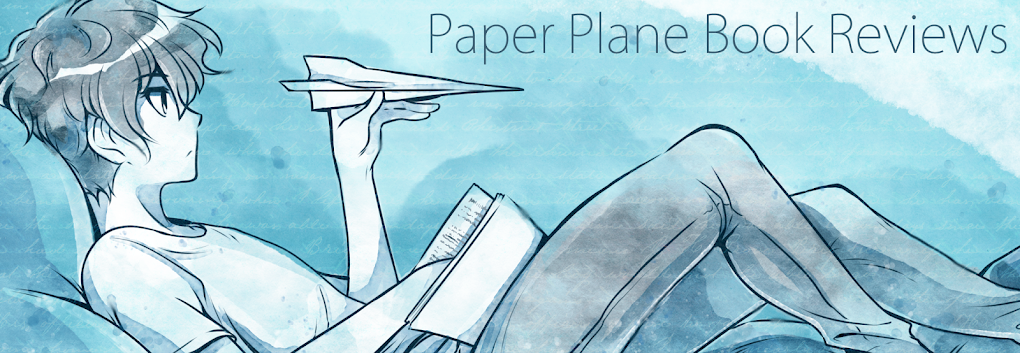This is another of those books that I pretty much picked up on a whim. Since I bought Scarlet and Black at a used book stall, I've had an opportunity to learn more about its author, Stendhal. As I knew at least a little bit about the author's life, and sympathised with his low self confidence amongst other things, I was looking forward to reading this more, so that I could see how my initial impressions of the man measured up to against his work. For that reason, this review could get awkward.
Scarlet and Black follows the life of a young man named Julien Sorel as he tries to make his way and be successful in Romantic-era France. As he is a peasant by birth, he can rise in the ranks in one of two ways: that of a soldier or that of a priest. He is enamoured by the success and the politics of Napoleon, and would love to follow in his footsteps by becoming a soldier; unfortunately, this is post-Napoleonic times, so the would-be conqueror of Europe is not in vogue. Thus Julien decides that the life of a priest will have to do if he is to achieve his ambitions. That as a story isn't a bad basis to start from, and indeed, it is written very well; there are just a few things that just bug me overall.
My main problem with the story is Julien himself. I just couldn't bring myself to liking him, for two simple reasons. Firstly, he didn't seem to be a particularly consistent character. It seems more like his emotions are devices that move the plot along, as opposed to examples of genuine feeling that people might have; for example, there is a point at which a girl who is in love with him asks him to climb up to her window in the middle of the night. He climbs up to her window because he doesn't want to seem like a coward, not because he has any feelings for her that are anything more than platonic; so far, a motivation that is not particularly nice, but it does make sense. Skip to a couple of days later, and he is head over heels in love with her. I'm sorry, but feelings don't work that way. If you've known a person for months and felt nothing romantic towards them thus far, it takes more than two days for those feelings to do a 180 degree change. Secondly, he just seems generally selfish and callous to those around him. By the end of the novel, all I could think of that he achieved was to completely break the spirits of two women through his seduction, and create turmoil within both of their respective families and social circles. I don't know what part of that I am supposed to like. The worst thing is that there are enough similarities between Julien and Stendhal's backgrounds that you just sort of instinctively realise that Julien is supposed to be Stendhal's idealised version of himself; at least that's what it feels like, and it's really uncomfortable.
The other things that bugged me, to a lesser extent anyway, were parts of the plot that I think could have been shortened or just cut completely. There are two instances that immediately spring to mind. The first involves that rendezvous in the middle of the night that I mentioned earlier. In the hours preceding the meeting, Julien tries to figure out whether she is genuinely in love with him or whether the meeting is a trap to humiliate him among her aristocratic peers; this question, the answer to which the audience is already privy, takes up an entire chapter. It did not need an entire chapter to itself, maybe a paragraph or two; any longer and it just seems indulgent. The other instance that springs to mind involves a political intrigue that Julien acts as a messenger for. The ultimate purpose of it, in terms of the plot, is for Julien to meet an old friend, who he asks for advice in love. With that in mind, I see no reason why the reader needs to know the exact details of the entire intrigue, considering that it doesn't actually have an effect on the plot other than Julien's need to travel out of Paris; Stendhal himself even admits that politics in a novel is both tedious and dating, so why include it?
On the positive side, this is written very well, and is actually fairly interesting if you look at it as a kind of portrait of France in the era during which it was written. I was much more taken by the descriptions of society and the intricacies of etiquette than I was by Julien's struggles, which were, in my opinion, largely brought on by himself.
Overall, I couldn't help but read this with a measure of disappointment. Despite the fact that Scarlet and Black is well-written, I just couldn't bring myself to like the main character and so I ended up dissecting most of what I read in my head. I almost had a review pre-written about fifteen chapters before it ended, which tends not to be a good sign for me. It may be of interest to people interested in Romantic-era France. 3/5
Next review: Henry VI Part Three by William Shakespeare.
Signing off,
Nisa.


No comments:
Post a Comment